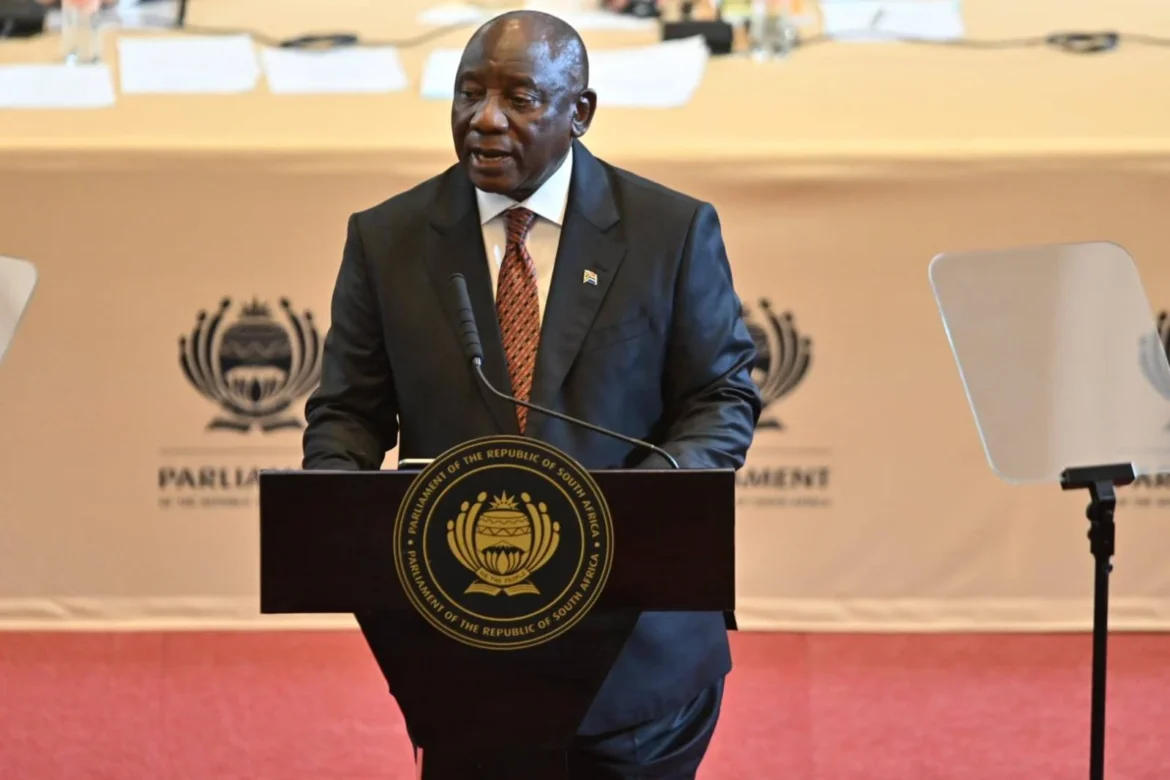In his State of the Nation Address on February 6, President Cyril Ramaphosa focused on one of South Africa’s most pressing issues—the water crisis. The president declared that addressing the country’s ongoing water shortages would be a top priority for the government, emphasizing that ensuring all citizens have reliable access to clean water was urgent. Ramaphosa noted that the government’s approach to water infrastructure would receive the same level of attention as the energy crisis did during the peak of load shedding.
Ramaphosa stressed that failing water infrastructure has led to frequent shortages in many cities, towns, and rural areas, and that these issues cannot be ignored. “It is impossible to live without water and it is impossible for the economy to grow without water,” he said, outlining the critical need for improvements in the sector. The president further assured citizens that his government would implement immediate measures to secure water delivery across the country, from urban areas to the most remote villages.
To support these plans, Ramaphosa revealed that the Infrastructure Fund had secured R23 billion for seven large-scale water infrastructure projects. The goal is to upgrade and maintain the country’s aging water systems to ensure sustainability and reliability. This is part of a broader strategy that includes investing more than R940 billion in infrastructure over the next three years to address not only the water crisis but also other key areas in need of development.
UNISA Professor, Dr. Xolani Dube, discussed the president’s plan, noting that while prioritizing water is a crucial step, the success of these initiatives will depend on effective execution and accountability. Dube highlighted that the government’s focus on water infrastructure would have a significant impact on both quality of life and economic growth. The implementation of these ambitious projects, he said, could provide long-term benefits for both urban and rural communities across the country.
